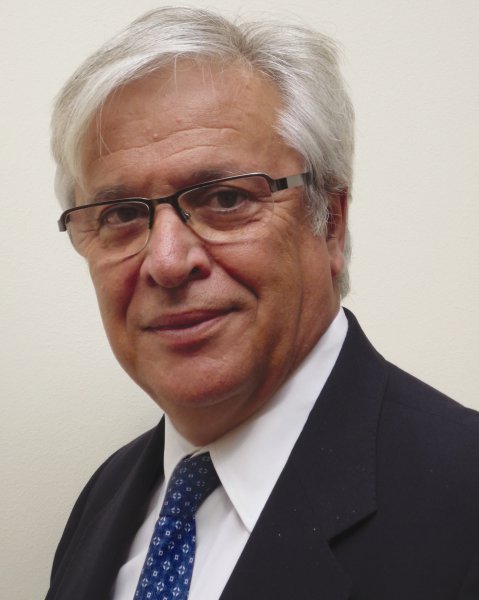 Dr. Joan Clos, Executive Director, United Nations Human Settlements Programme (UN-Habitat)
Dr. Joan Clos, Executive Director, United Nations Human Settlements Programme (UN-Habitat)
SLoCaT: Can you briefly describe the commitment that is being announced at the Climate Summit on September 23, 2014?
UN-Habitat has been involved in the Commitment on “Urban Electric Mobility”, which seeks to increase the widespread adoption of electric vehicles of all types in conjunction with better urban planning and the transition to clean sources of energy. It will require joint action by both supply side actors – the industry – and cities on the demand side, and must be carried out in an overall context of robust urban planning and design.
SLoCaT: What motivated your organisation and partner organizations to develop the commitment for the SG’s Climate Summit?
There is an urgent need to reduce global emissions to keep global temperature increasebelow 2 degrees Celsius and transport is a major contributor of these emissions, being responsible for roughly23% of emissions worldwide. E-mobility, together with better urban planning so that cities are more compact and travel demand is reduced can help to reduce emissions. It will also reduce local air pollution – which in 2012 caused 3.7 million deaths – and lead to low-carbon economic growth.
SLoCaT: What will be the impact of the SG’s personal engagement in climate change for your specific commitment?
The SG has given a whole new impetus to the efforts to combat climate change. By bringing in the private sector he has made room for greater innovation and enterprise in the global efforts to reduce emissions and pursue low-carbon development
SLoCaT: Where is your personal inspiration coming from in the work you do on transport and climate change?
Cities are the engines of economic growth and social development and have a key role in the efforts to reinin climate change. UN-Habitat has much to offer in making the process of urbanisation sustainable, through its expertise and shared best practice from cities around the world.
SLoCaT: How do you plan to follow up on the commitment?
We are already engaged with a number of leading private companies in the Urban Electric Mobility Initiative and have formed alliances with a number of knowledge partners such as the International Energy Agency, the Clean Energy Ministerial (Electric Vehicle Initiative) and the Wuppertal Institute of Climate Energy and Environment. We have also opened dialogue with a number of countries regarding the environmental and economic benefits of green transport initiatives. We plan to expand these consultations, while also engaging in capacity building and demonstration projects. We propose to establish a “seed fund” for such activities and make Urban Electric Mobility a key part of the new urban Agenda at the Habitat III conference in 2016.
SLoCaT: Anything else that you would like to share on your commitment?
We look forward to the support of SLoCaT, which can play an important role in developing more partnerships and in the monitoring of the initiative.